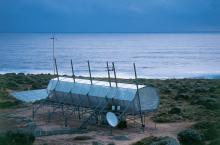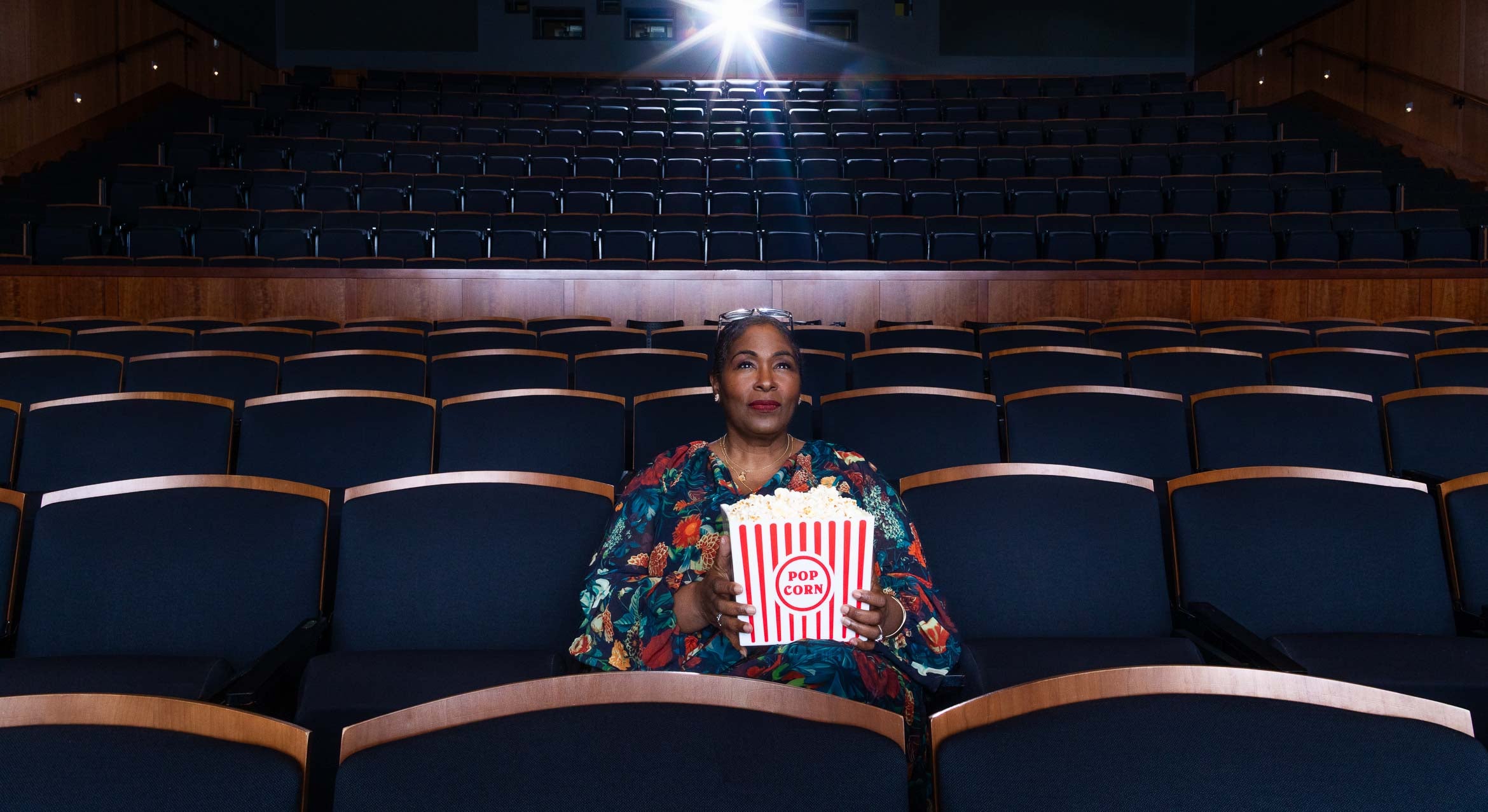
An unusual art-science project, called Makrolab, will be installed at Campus Point this month in conjunction with UC Santa Barbara's first State of the Arts Conference since it became the new headquarters of the UC Institute for Research in the Arts (UCIRA).
The UCIRA conference on May 19-20 will publicly inaugurate the institute's newly expanded mission, which is to broaden the discussion of the current role and future of the arts in California and beyond.
It will offer discussions about the arts on UC campuses and present a variety of models for teaching and research in the community.
The public is invited to attend at no charge.
The deadline for registration is May 10.
For program details and registration, go to www.ucira.ucsb.edu/news.html.
Alma Robinson, executive director of the group California Lawyers for the Arts, will be the keynote speaker for the event; her talk will examine arts advocacy and public policy.
Panel discussions, a premiere performance of "The Monument Project," and screening of an experimental documentary on California migrant workers called "Rancho California" are also part of the conference.
The Makrolab's design team, under the direction of the lab's originator, Slovenian artist Marko Peljhan, UCSB associate professor of art, will be upgrading the modular structure, officially called "Makrolab markIIex," around mid-May.
But the experimental, titanium-framed laboratory will also serve as a backdrop for the closing lecture, a performance, and reception for UCIRA conference attendees on the afternoon of May 20.
The Makrolab is a 10-year project, which is nearing completion only now.
The portable 45-foot-long by 10-foot-wide laboratory generates power with wind turbine and solar panels, and is configured for satellite and network connections.
It will not be equipped for it at UCSB, but up to eight live-in researchers can monitor and study telecommunications, environment, migration, and weather patterns.
For Peljhan, these global systems are sources for understanding how the planet functions on social, technological, and natural levels.
Earlier prototypes of the lab have been featured in Documenta X in Kassel, Germany (1997) and the Venice Biennale (2003).
The final iteration will be permanently installed in 2007 at locations in the Arctic and the Antarctic.
Related Links



